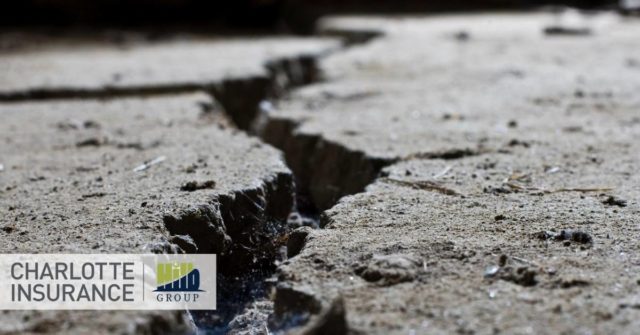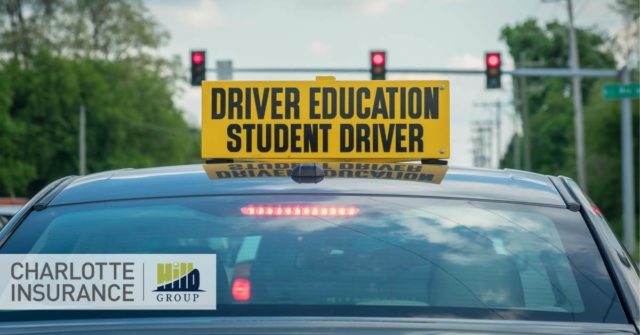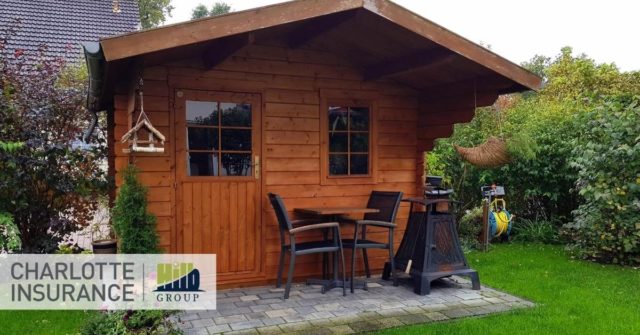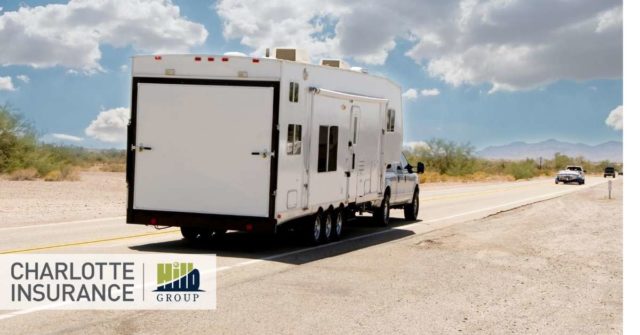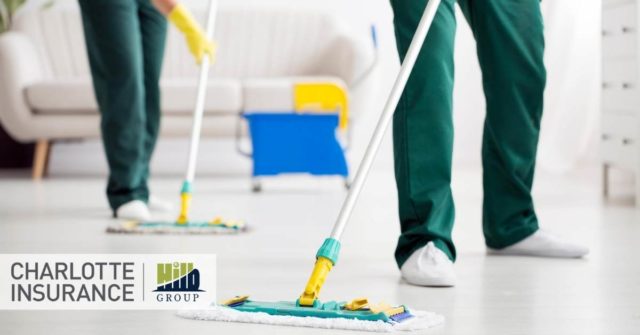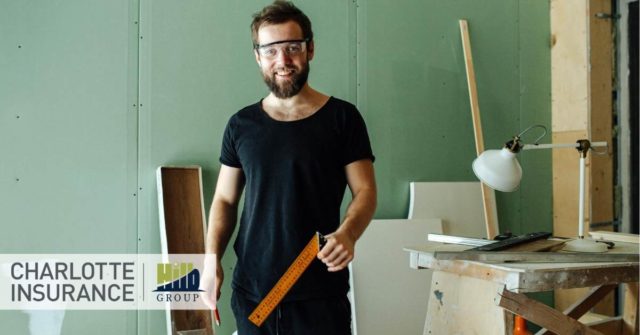On August 9, 2020, in Sparta, North Carolina a magnitude 5.1 earthquake struck. It was felt across the entire state and was the second strongest to occur in North Carolina since 1900. In the devastating aftermath, many victims of the earthquake received even more bad news. Their insurance policies, in large part, would not cover the loss of their property.
This moment serves as a clear reminder that earthquakes can and do strike North Carolina. Before another one hits, make sure you know what your insurance does and does not cover, and how you can protect yourself from the financial damage of earthquakes.
Standard Policies Don’t Cover Earthquakes
Homeowners insurance and dwelling policies do not automatically cover losses caused by earthquakes, though policies may cover a direct loss by fire, explosion, or theft that might result from earth movement. Renters insurance policies typically excludes earthquake coverage, although direct loss by fire, explosion, or theft will be covered.
There is no such thing as automatic earthquake coverage, but an endorsement can be purchased for homeowners insurance and dwelling policies.
If you own a business, the same is true for you. Commercial property policies do not automatically include earthquake coverage. You can purchase an endorsement to protect your business property.
The one exception to this rule is that some mobile home policies (specifically MH C policies) cover earthquakes, but if you’re not sure, check with your agent or give us a call.
How to Get Earthquake Insurance
Home insurance, dwelling policies, MH F policies for mobile homes, and commercial property insurance can obtain earthquake insurance through an endorsement purchased and added to your existing property coverage.
For homeowners insurance and dwelling policies, here’s what you need to know about an earthquake endorsement:
- Your property is covered for direct losses to your dwelling, other structures, and your personal property.
- A single earthquake event includes one or more earthquake shocks that occur within a 72-hour period. Even if you’re not directly impacted by the first tremor, damage suffered from aftershocks within that time period count.
- An endorsement for earthquake coverage will not increase your liability limits.
- There may be exclusions listed in the endorsement for things like flood, filling land, and exterior masonry veneer.
- Deductibles will apply and must be paid by the homeowner for each claim. You may have separate deductibles for your dwelling, other structures, and personal property. Make sure you understand both your coverage and your deductibles.
Protect your home, business, and family from the financial devastation of an earthquake. Make sure you have the right kind of insurance coverage as soon as possible. Contact us at Charlotte Insurance. We can give you a free quote and explain your options so you know exactly what your insurance covers and what it doesn’t.

